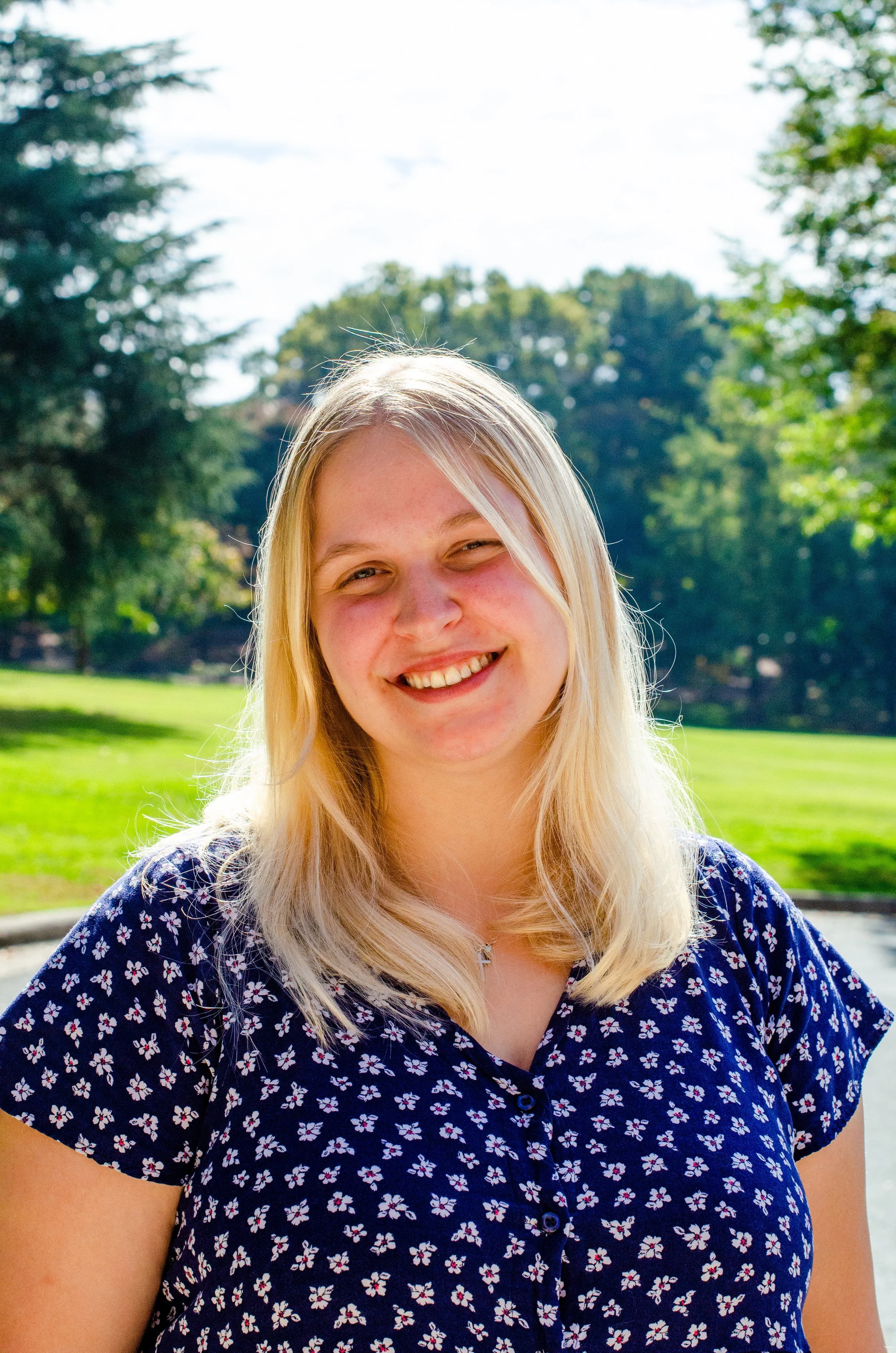Caroline K.
Photography by Katie Fox
If you’re reading this, you are not a failure.
I came from a perfect family with a perfect house and a perfect life. I went to the same school from Kindergarten to 12th grade. By my senior year, I was on top of the world. I was accepted to Wake Forest for early decision. I was excelling in all my classes, confident in the fact that I would continue to thrive in college.
For the most part, that was true. I was “living my best life” during my first semester. However, the second semester came around like a boulder that simply rolled over me, leaving me crushed and hopeless. Having had the same best friend for seemingly my whole life, the ups and downs of making friends in college was accompanied by unexpected anxiety and stress. I also was enrolled in Orgo and Calc II, which reduced my sleep down to 5 hours per night. I was miserable, and attributed this misery to my schedule.
However, as the semester came to a close, I was hopeful. “As my schedule changes and I make better friends, I will finally get better and everything will be fine,” I thought. I relied on that hope all through the summer, and things did seem to get better. I was happy at home, and relieved that I didn’t have to tell my parents that I, their perfect child with all the As and extracurriculars, was overwhelmed. This happiness did not last.
I cried as I drove onto campus to begin my Sophomore year at Wake Forest. College was supposed to be the “best 4 years of your life,” and yet for me it felt like a prison of anxiety and pressure. Things continued to get worse. I began isolating myself from my friends, taking solace in my work, the one comfort I had. I was truly in the “belly of the whale”. At my lowest point, I was forced, literally, by my friend to call the counseling center. I didn’t want to admit it, but I needed help.
Looking back to that moment, there were so many thoughts spinning around my head. I was scared of counseling because, in my mind, going to counseling was admitting defeat. Like many students at Wake Forest, I had maintained a perfect, put-together persona. If I showed up to the counseling center, I could even see someone I knew. My façade would be broken. Even worse, my parents could find out. As far as I knew, nobody in my family had ever had any issues with mental health. To be that black sheep at the Thanksgiving dinner table was my worst nightmare. I also blamed myself for these issues. It felt like my fault, a fault in my character, that I couldn’t handle this stress.
One word defined me at this moment: failure.
My story of recovery follows the traditional path. I became more than my diagnoses, more than that I had labeled myself as. It took my whole identity falling out from under me to realize that it wasn’t being perfect that defined me. I gained confidence in myself. My struggles were something that made me better, not worse. It was only after this that I had a conversation with my parents about continuing therapy during the COVID shutdown in March of 2020. To my surprise, every member of my family, my mother, father, and sister, had struggled with mental health. I had been petrified to start medication, only to find out that both of my parents had been on anxiety and/or depressive medication for years.
My story mirrors many of those not only at Wake Forest, but in college everywhere. I thought everyone was fine, and not being ok made me a failure. It was only after I began talking openly about my struggles that I began to comprehend how common these experiences truly are. Just because you don’t know anyone who is struggling, doesn’t mean they are not. The success of others doesn’t negate or strengthen your own experience. We all get stressed, we all get anxious, and most likely, anxiety and depression are more common than you might think. So talk about it, share your feelings with friends and family. I struggled for so long and sank so low because I kept everything in. I thought suffering internally was the price to pay for a successful life, but it’s not.
So, if you’re reading this, you’re not a failure. You are loved and everyone understands.
Caroline K., Wake Forest
Connect With Us
To follow IfYoureReadingThis at Wake Forest on Instagram, get in touch with our chapter, and learn about more resources available to Wake Forest students, visit our chapter’s homepage.
AUTHOR CONTACT
This author has opted to allow readers who resonate with their story to contact them. If you would like to speak to the author of this letter about their experience, please use the form below.

